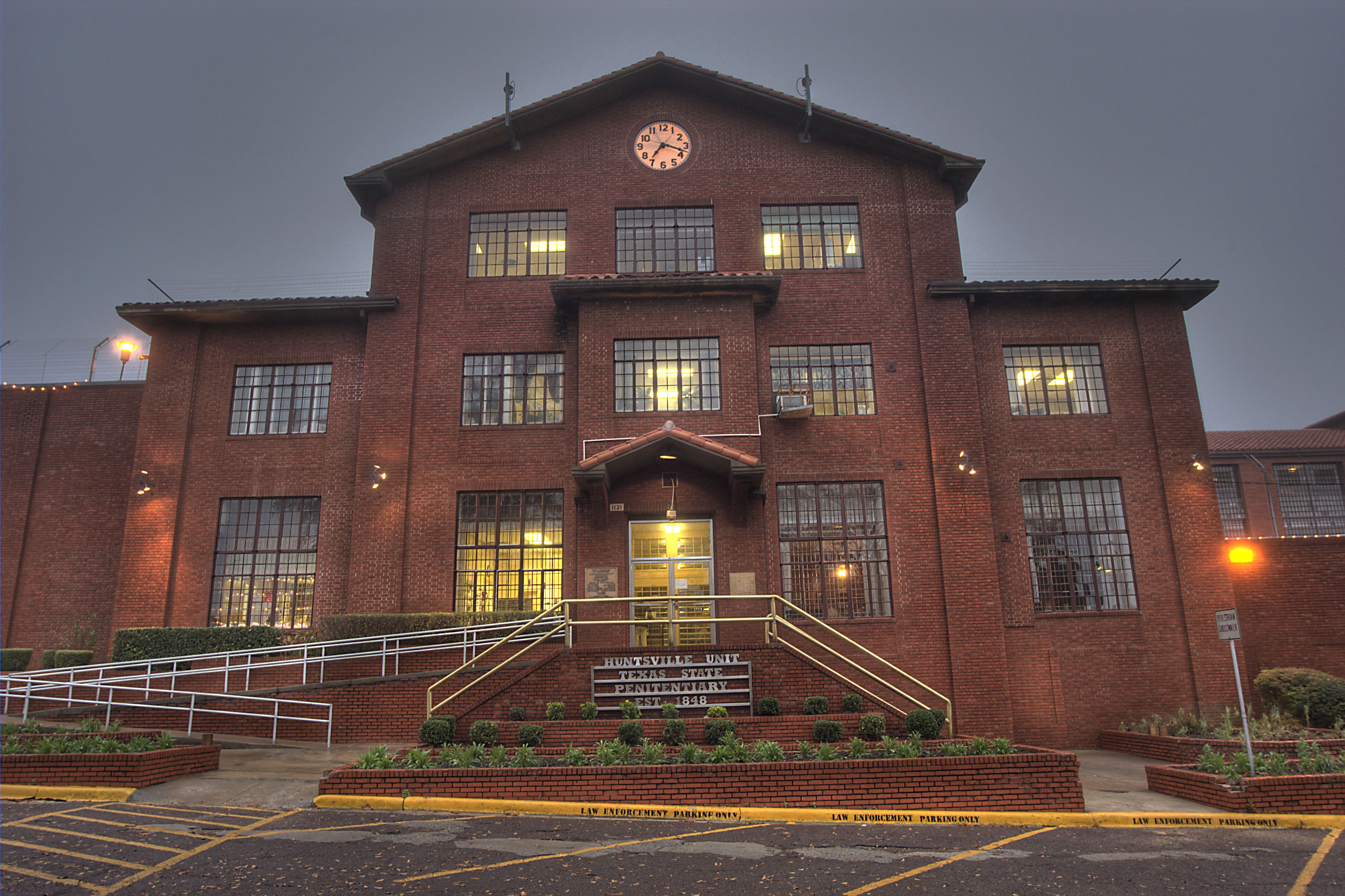Beyond the Right to Bear Arms: White Supremacy in the Age of Gun Violence

Each new announcement of a mass shooting in the United States reignites debate over whether or not stricter gun control legislation would encroach on the right to bear arms as laid out in the Second Amendment to the U.S. Constitution. Rightwing media and talking heads from pro-gun groups such as the National Rifle Association (NRA) often frame the debate as polarized between those arguing to ban gun ownership altogether and an essentially absolute Constitutional right to gun ownership. National polls, however, indicate that a large majority of Americans actually favor stricter gun control. Less discussed in the national conversation about gun control is the relationship between White supremacy and gun violence.
The Gun Violence Archive and the FBI define a mass shooting as an incident where four or more individuals were shot or killed. Incidents that constitute a mass shooting according to this definition are too numerous to list. Shootings have targeted people in schools, places of worship, grocery stores, movie theaters, nightclubs, concerts, festivals, and numerous other locations. The range of locations in which mass shootings have taken place demonstrates that any public space could be targeted and this creates a sense of anxiety among the American public. Yet, we witness time and time again the lack of government action regarding gun violence, particularly at the federal level. There are multiple factors that may influence governmental inaction on gun control, but the strong role of the NRA and its ability to lobby public officials is particularly important in understanding the lack of new gun control legislation in the wake of gun violence.
Not only are government entities unwilling to work together, there is a lack of acknowledgement of the importance of race in debates about gun violence in America, especially given the centrality of racial hierarchies in the United States. In recent months, however, there has been a renewed interest on the role of race as a factor in gun violence. For instance, are gun laws the problem, is mental health driving gun violence in America, or is it racial resentment that is behind the violence? An important fact to consider is that gun related deaths impact racial and ethnic minorities at higher rates than Whites.
In recent years, mass shootings that have been committed by Whites in this country have targeted non-Whites. Among the many mass shootings, the El Paso shooting is highlighted here because of its lasting impact on the entire Latino community. This shooting took the lives of 22 individuals and injured around 24; several were of Latino ancestry and others were Mexican nationals. The assailant, a young White male, wrote a manifesto with White nationalist claims and anti-immigrant/Latino sentiment. This manifesto was posted online on 4chan and 8chan, sites that allow and cultivate White supremacist views, and demonstrated a premeditated motive to attack the Latino community. He drove a long distance from Allen, Texas to El Paso just to open fire on Latinos at a Walmart. This tragedy raises concerns of safety and the impact racial tensions and White supremacy have on Latinos in this country.
Shifting demographics and a xenophobic political and social climate contribute to the increasing amount of hate crimes committed against racial and ethnic minorities in the United States. White Americans are predicted to become a numeric minority within 25 years, and as pundits sow fear of Whites losing political and social power in the United States, more Whites are experiencing a heightened sense of racial resentment toward non-Whites. Politicians such as Donald Trump add fuel to the fire by claiming that racial and ethnic minorities are a threat to the safety and security of White Americans and to “traditional” American values. These factors offer a compelling explanation for heightened White supremacist sentiments that are increasingly being manifested through mass shootings. Yet conservative media, the NRA, and rightwing politicians are framing the issue of gun violence as primarily an issue of mental health, and gun control as an affront to Second Amendment rights. While a majority of Americans support stricter gun control legislation, attacks such as the one in El Paso demonstrate the pressing need for discussion of the increased frequency of racially motivated mass shootings in the United States and how to curtail such acts.

